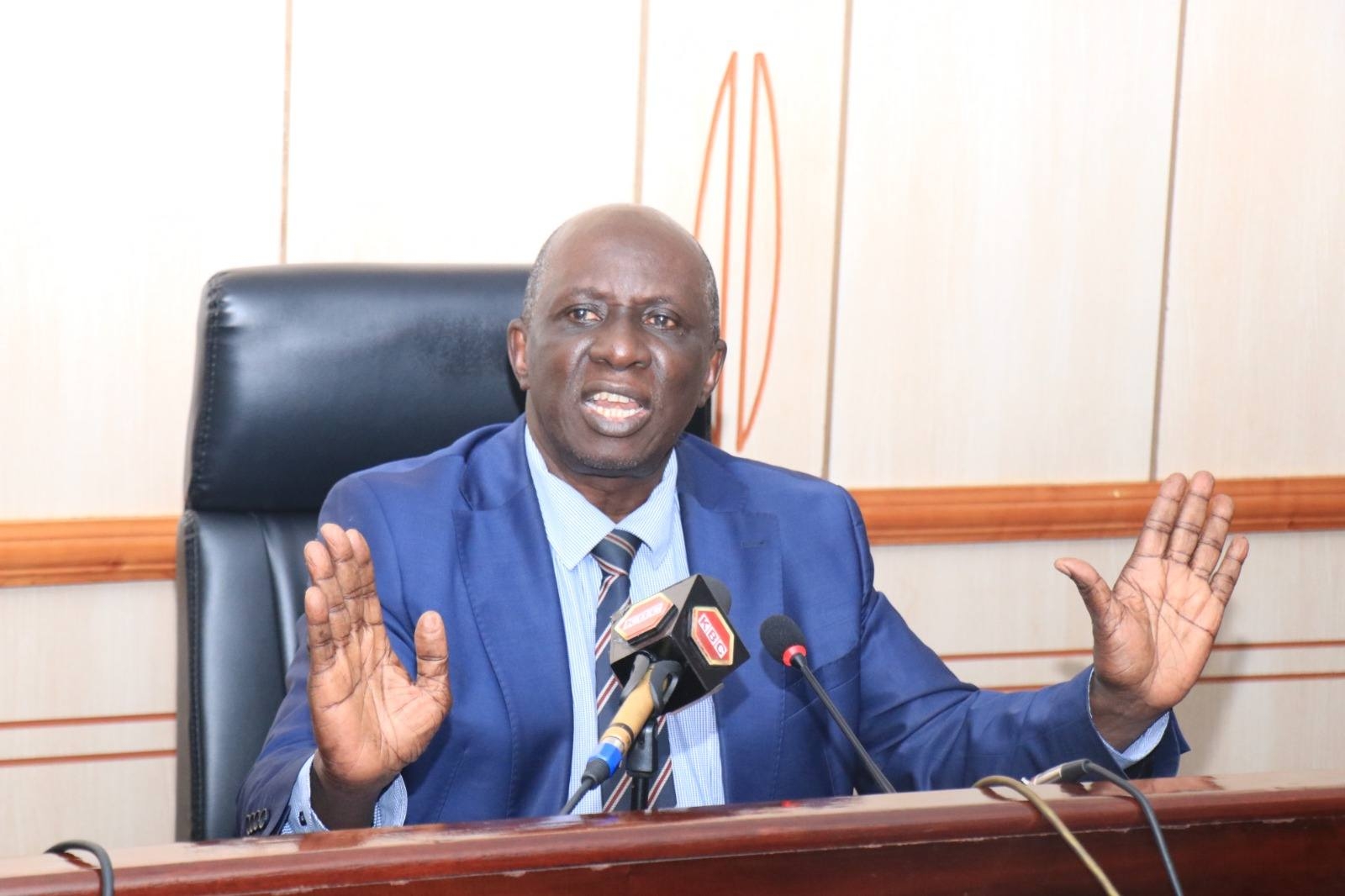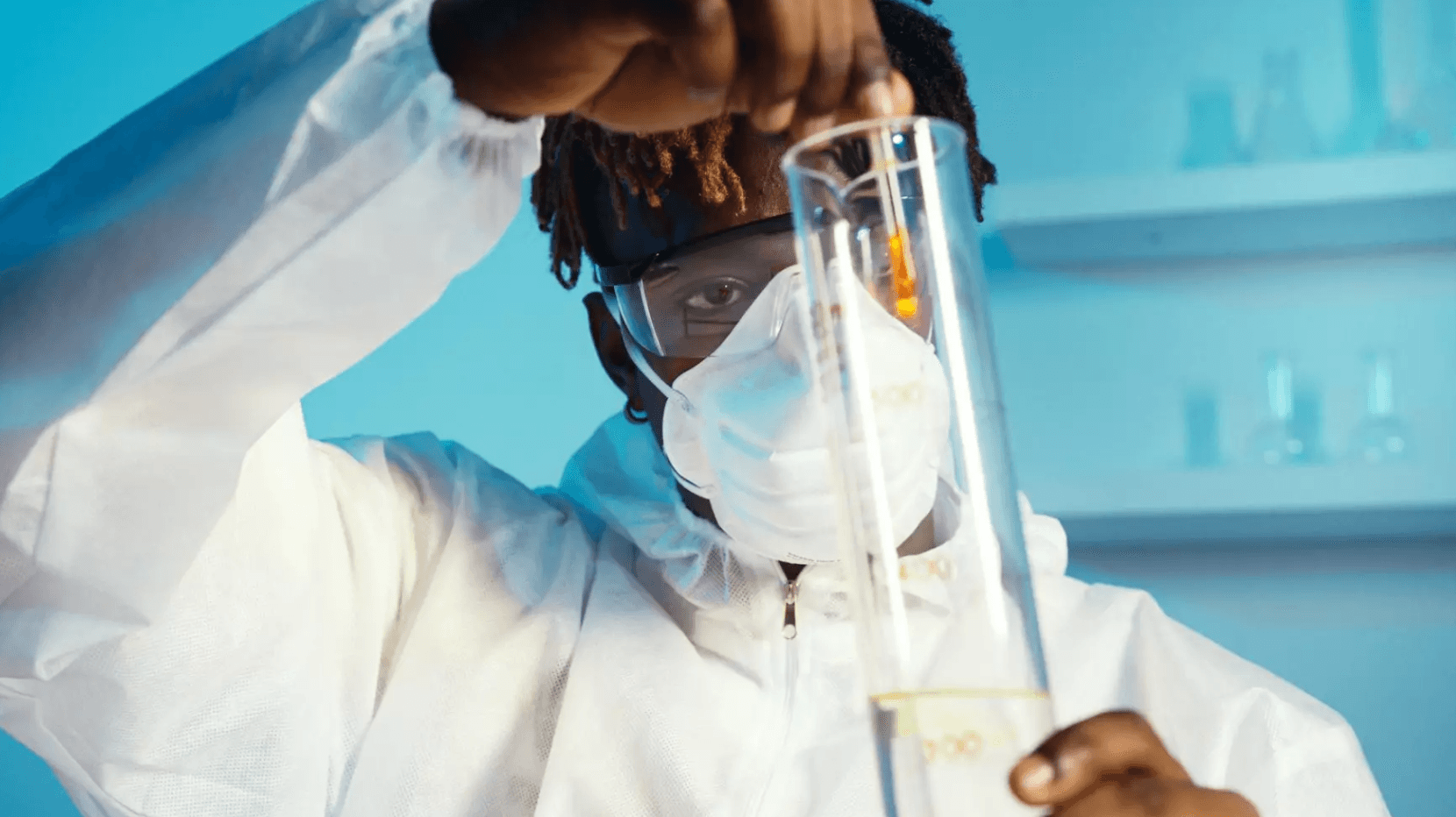The war on counterfeit drugs and substandard medical products and technologies in the country has received a major boost.
This is after the Pharmacy and Poisons Board has adopted new technology as it seeks to ensure drug quality in the sector.
The board has acquired advanced Near Infrared (NIR) technology, the Pillscan, to strengthen its efforts in safeguarding drug quality.
Provided by the Mission of Essential Medicines and Supplies, this new tool will be used for on-site screening of medical products at PPB regional offices and key entry points.
“Complementing the PPB's existing quality control measures, the NIR technology will enhance the detection of sub-standard and falsified medical products,” PPB has said.
So far, a six-day training for PPB staff, county pharmacists and personnel at the Kenya Medical Supplies Authority (Kemsa) personnel has been conducted to maximize the impact of the new tool.
“By incorporating NIR technology into its operations, the PPB aims to bolster its surveillance of the Kenyan pharmaceutical market and protect public health.”
Currently, PPB randomly collects samples from all over the country and analyses them at the National Quality Control Laboratory to test for quality, safety and efficacy.
A system reporting suspected poor-quality medicines and adverse drug reactions has also been established to monitor medicines.
Last month, Kenya and Uganda partnered with international agencies to combat illicit flow of medicines and protect consumers from potential harm.
The initiative dubbed Operation African Star, aims to disrupt the illicit trade in health products, pharmaceutical preparations, medical devices and equipment across Africa.
The initiative is between Kenya’s PPB and the National Drug Authority (NDA) of Uganda.
This is even as experts raised concern that these types of products are often transshipped via third-party countries hence are likely to have been shipped and stored outside of approved conditions.
This makes it difficult to determine if they are safe and effective if obtained from outside the regulated pharmaceutical supply chain.
According to PPB CEO Fred Siyoi, the threat posed by illicit trade in health products and technologies impacts global public health and consumers.
“This risk increases when health products and technologies are obtained outside of the unregulated supply chain,” Siyoi said.
“Safety and efficacy which cannot be assured threatens the East African Community and public health at large,” he said.
The ongoing operation has seen joint enforcement teams examine shipments of human medicines, biologic products, and dietary supplements.
So far, it has been revealed that shipments of medicines had been stored and shipped outside of approved conditions while prescription medicines were found to be lacking valid prescriptions and misdeclared to avoid detection.
Individuals who purchase prescription medicines from unauthorised sources may be putting their health at risk because these medicines may be falsified, substandard, expired, or otherwise unsafe for use.
As many of these products are used to treat serious or life-threatening medical conditions, they could potentially be harmful if administered or ineffective when medical treatment is acutely necessary.














